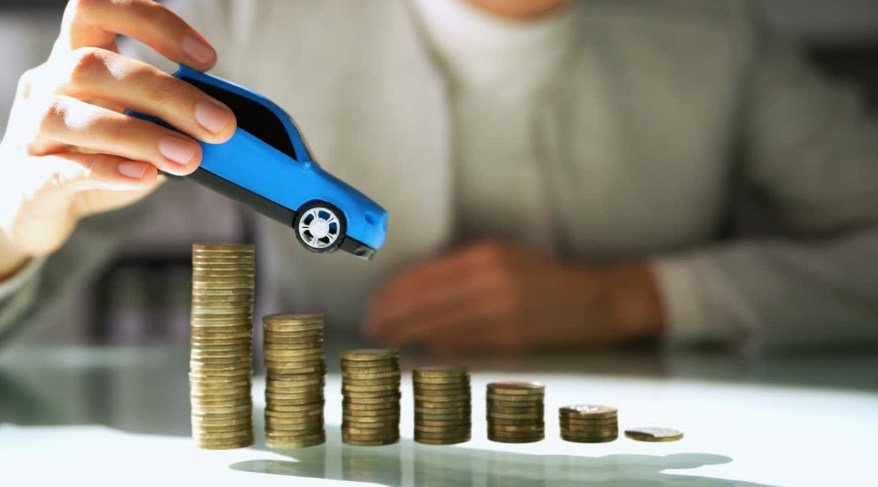Everything you need to know about car depreciation and how to avoid it
There are three certainties in life: death, taxes and car depreciation.
There’s an age-old adage that says a car starts depreciating the moment it leaves a dealership and unfortunately it’s true. While there are some exceptions to the rule, most cars never gain back the value they cost when bought. This is due to depreciation.
What is depreciation?
Depreciation is a term used to describe the declining value of an asset over time. For car owners, it’s the diminution of your vehicle’s worth over years through use or wear and tear. Unless a vehicle is a collectible or vintage item it’s not likely to appreciate and gain value over time.
What causes depreciation?
Knowing the long-term resale value of an asset can help you make smarter car purchases. There are seven main factors that affect car depreciation:
- Popularity
Cars that aren’t popular or don’t have a good reputation tend to depreciate quicker. Choosing a popular, in-demand model may see your vehicle depreciate at a slower rate and keep value for longer.
- Reliability
If your car model is known for its reliability, buyers are more likely to pay better prices. Some older used cars still fetch excellent prices on the used market because their models are known for their longevity.
- Fuel-efficiency
Fuel-efficient cars often have more long-term resale value. Fuel-efficiency is determined by a vehicle’s manufacturer and a range of engineering criteria. By researching the fuel efficiency of a vehicle before purchasing, you may be retaining some of your car’s value in future.
- Maintenance costs
If your vehicle is a brand or model that is known for needing regular upkeep or having potential mechanical defaults, it is likely to depreciate faster than other cars.
- Condition
The interior and exterior condition of a vehicle makes a big difference in the sale price a car could fetch on the secondhand market. Not only are buyers likely to spend more for a car in good condition, they are also more likely to purchase well-maintained cars that indicate a high level of previous owner care.
- Sale timeline
According to RACQ, new cars are more exposed to rapid depreciation within the years immediately following purchasing. New cars can lose up to 40 percent of their value within the first three years post-purchase. This may affect the timeline of putting a car up for sale if you know that reselling within a few years will help you retain funds for your next purchase.
- Age
While this may be the most obvious contribution to depreciation, the older a car’s age the less value it has. However, some vintage or collectible vehicles can sometimes retain or even appreciate over time if well-maintained.
How do I reduce depreciation?
There are three ways to combat car depreciation:
- Make a smart purchase
The most important way to retain a car’s value is to purchase a vehicle that is likely to depreciate slower and retain a high resale value. Choose a car that future prospective buyers are likely to be interested in.
- Keep the mileage to a minimum
By avoiding frequent long-distance trips and keeping your car with low kilometres, buyers are more likely to purchase your vehicle on the used market.
- Stay on top of maintenance
By keeping your car clean, tidy and up-to-date with mechanic visits, your car will be worth more for longer. Make sure to keep your service history available as proof of maintenance.
Looking to sell your car and find a competitive offer? You can simply use Car2Cash for the easiest access to a fair offer on your vehicle. All you have to do is answer a few questions regarding the condition of your car and we’ll use our state-of-the-art valuation engine to offer you a competitive price. Car2Cash expertly identifies the things that increase or decrease the value of your car, which determines the market value of your vehicle.
Get started on offloading your vehicle.


